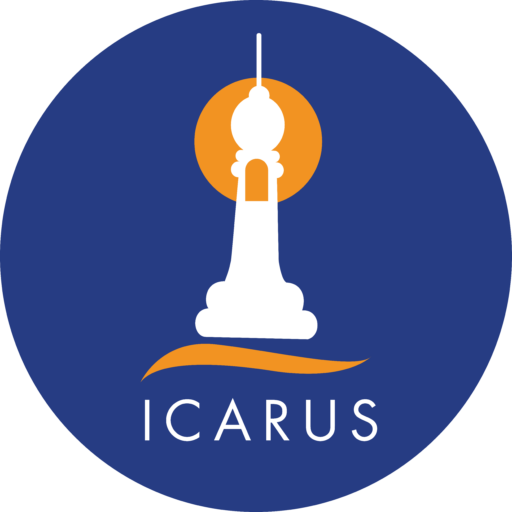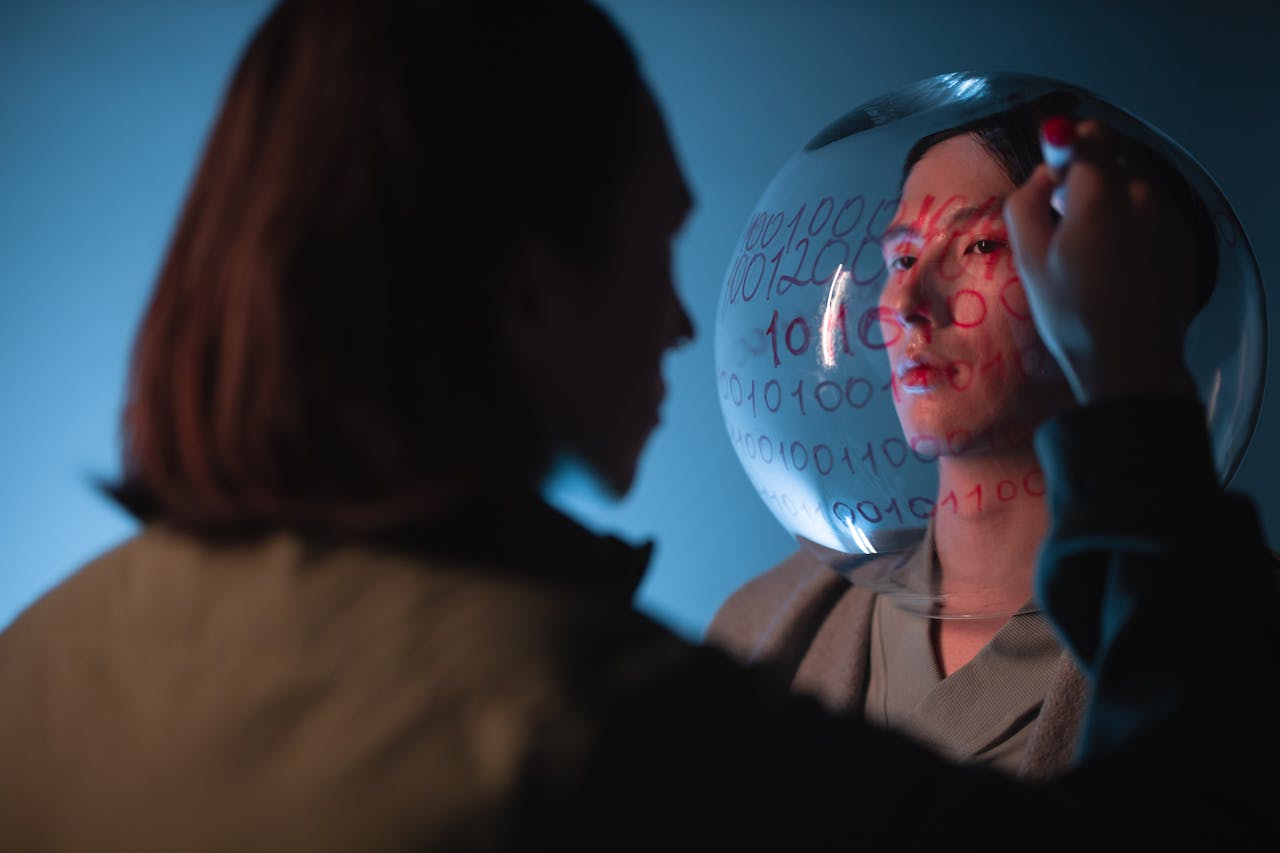Education in prison settings presents a profound educational and epistemological challenge. It is not merely a matter of providing cognitive tools or vocational skills, but of acting on the very structure of consciousness: recognizing one’s mental patterns, understanding emotional and behavioral responses, and developing new ways of interpreting oneself and the world. In this sense, metacognition—defined as awareness and control over one’s cognitive processes—emerges as one of the most promising keys to adult education in conditions of vulnerability.
The concept of metacognition was introduced by Flavell (1979), who distinguishes between two core components: metacognitive knowledge—what an individual knows about their cognitive strategies—and metacognitive regulation, which includes planning, monitoring, and evaluating one’s mental processes while performing a task. In complex learning environments such as prisons, metacognition is not a luxury but an essential competency: it enables individuals to activate critical reflection on themselves and their learning paths, thereby building a sense of agency even within rigid institutional structures.
Promoting metacognition in re-educational programs cannot be separated from the cultivation of reflexivity. Schön (1983) emphasized the value of reflection-in-action and reflection-on-action for professionals, showing that the capacity to reflect during and after one’s actions is a fundamental component of authentic learning. Similarly, in adult learning processes within prison, it is crucial to create opportunities for individuals to reflect not only on the content acquired, but on how they learn, how they think, and how they make decisions. This becomes a tool of cognitive emancipation.
From this perspective, Kolb (1984) offers a useful framework through his experiential learning model, which unfolds across four phases: concrete experience, reflective observation, abstract conceptualization, and active experimentation. This learning cycle can be enhanced by explicit metacognitive attention: educators can guide participants to examine what worked, what strategies they employed, and what they could do differently, thereby supporting transformative learning (Mezirow, 2000).
Such transformation, however, is not possible without an environment that makes it conceivable. Promoting metacognition also means creating educational tools that stimulate it: self-assessment instruments, guiding questions, narrative activities, symbolic games, and structured sharing. York-Barr et al. (2001) propose a four-step model of guided reflection—look back, think deeply, learn about self, take action—which aligns well with learning pathways oriented toward personal change. In this model, reflection is not an end in itself, but a scaffold for informed, intentional action.
In prison, where identity may be experienced as fixed or stigmatized, the ability to observe and rework one’s thoughts and behaviors opens up new spaces for self-redefinition. Metacognitive work is not neutral: it involves taking responsibility for one’s mental functioning, emotional reactions, and decision-making patterns. Yet it is precisely this assumption of responsibility—mediated by reflective practices—that enables the re-signification of the past and the imagination of alternative futures.
To promote metacognition in prison is, ultimately, to restore to the subject the possibility of thinking of themselves as a thinking being. In a context where decisions are often imposed and autonomy is minimal, exercising the inner freedom of reflective thought can represent one of the most radical forms of educational resistance. And it is precisely this resistance—human before pedagogical—that lays the foundation for genuine transformation.
References
- Flavell, J. H. (1979). Metacognition and cognitive monitoring: A new area of cognitive–developmental inquiry. American Psychologist, 34(10), 906–911. https://doi.org/10.1037/0003-066X.34.10.906
- Kolb, D. A. (1984). Experiential Learning: Experience as the Source of Learning and Development. Prentice Hall.
- Mezirow, J. (2000). Learning as Transformation: Critical Perspectives on a Theory in Progress. Jossey-Bass.
- Schön, D. A. (1983). The Reflective Practitioner: How Professionals Think in Action. Basic Books.
- York-Barr, J., Sommers, W. A., Ghere, G., & Montie, J. (2001). Reflective Practice to Improve Schools: An Action Guide for Educators. Corwin Press.
Authored by: SKILL UP








